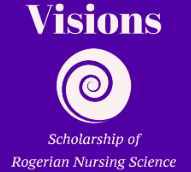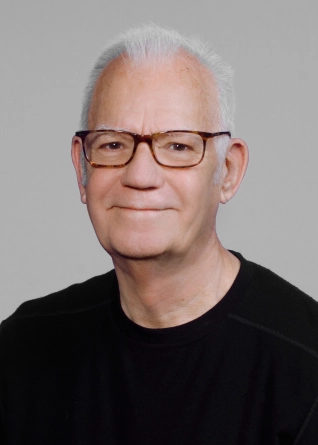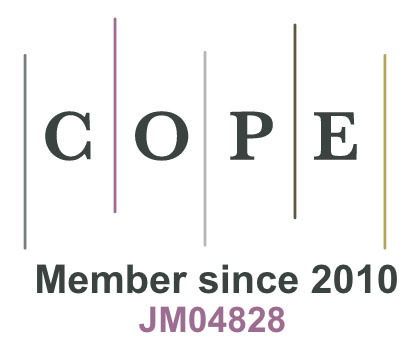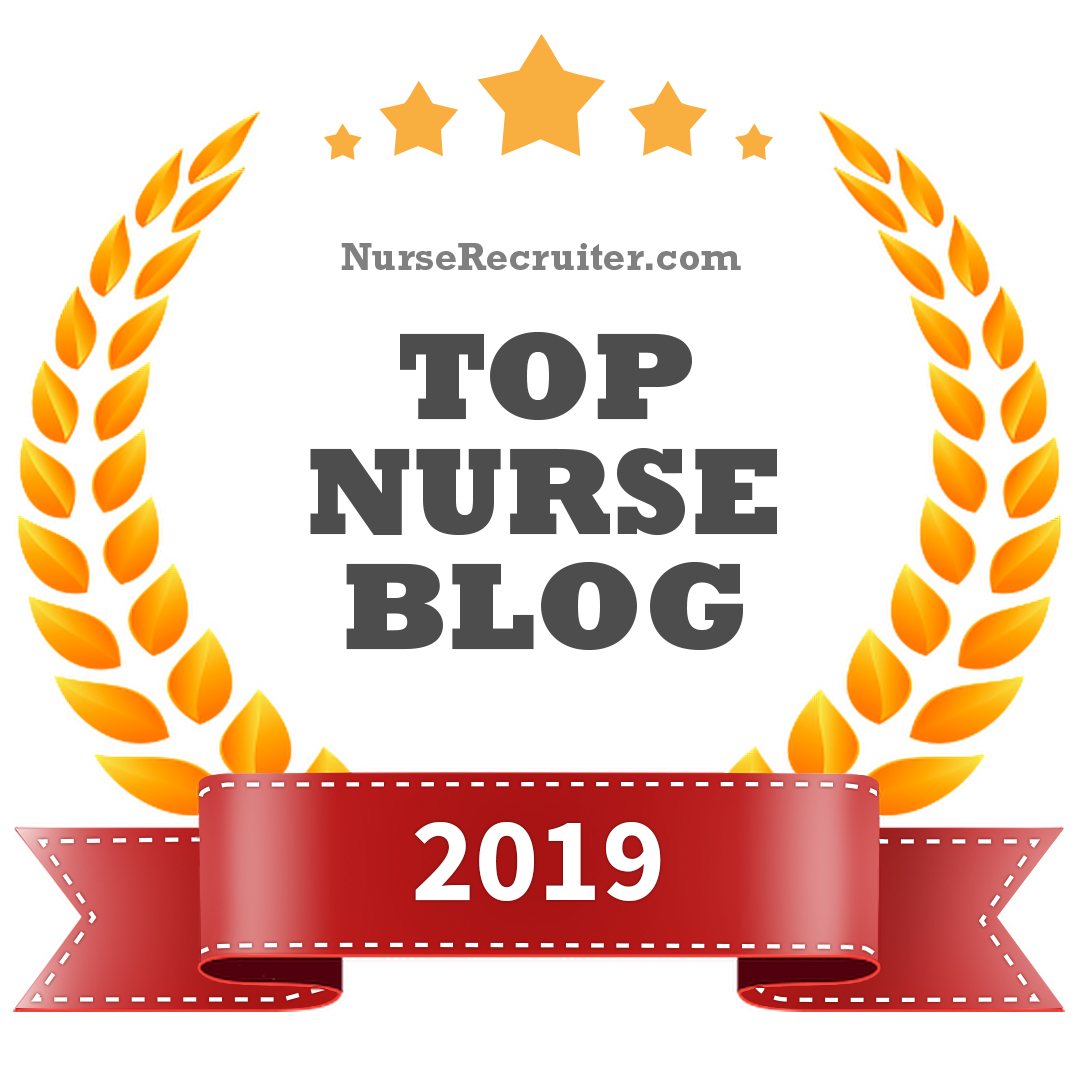Unitary Appreciative Nursing Praxis

We are delighted to introduce a new feature in ANS called “Visions: Scholarship of Rogerian Nursing Science. This new section maintains the long tradition of the journal that has been produced by the Society for Rogerian Science since 1993. The first article in this section is titled “Unitary Appreciative Nursing Praxis” authored by W. Richard Cowling III, PhD, RN, AHN-BC, SGAHN, ANEF, FAAN, and it is available for no-cost download while it is featured. Here is a message from Dr. Cowling giving some background about his work, and what inspires him in his research and practice!
Last week at the Virtual Nursing Theory Week conference, during a dialogue, Jacqui Fawcett asked a question along the lines of “how do you know its nursing?” This was in response to several participants describing what nursing was like for them and why they thought it was unique. This made me think of my first encounters with nursing as a young 15-year-old boy who was doing volunteer work in a local hospital. When I experienced what nurses were doing with and for patients, I fell in love with that work. This was in 1964. In 1979 I found myself in a course on nursing science taught by Martha Rogers, and it was then that for the first time I learned about a conceptual system that helped me make sense of nursing as I experienced and loved it. Unitary appreciative nursing praxis (Cowling, 2023) is a culmination of the journey I have been on since those days in that class. Unitary appreciative nursing is the embodiment of the science of unitary human beings as a praxis as I have grown to understand and know if from inquiry projects with women in despair who experienced various forms of abuse as children. The article is an attempt to clarify the nature of a praxis of nursing that has the wholeness of human beings and their worlds as the central focus and uses patterning of that wholeness as a reference point for participating knowingly in illuminating and unlocking the emancipatory strivings of people in health care. It offers a framework and process for the realization of ideals set forth in the Nursing Manifesto that evoked the creation of nursemanifest.com. The last paragraph of the article expresses my deepest desires for nursing and its potential for the betterment of humankind which was the intent of the science of unitary human beings:
“If ever there was a need for innovative praxis models, it is now. The people, families, groups, and communities we care for need models that demonstrate how nurses can more effectively meet anger with compassion, loneliness with love, fragmentation with wholeness, and despair with aspiration. Unitary appreciative nursing is not a remedy for all of these, but it provides the possibility for nurses and people they care for to mutually engage in this journey borne out of fear and desperation in our daily personal and societal lives using appreciation as a means for recognizing and embracing the wholeness and oneness available to us all” (p. 115).







Trackbacks & Pingbacks